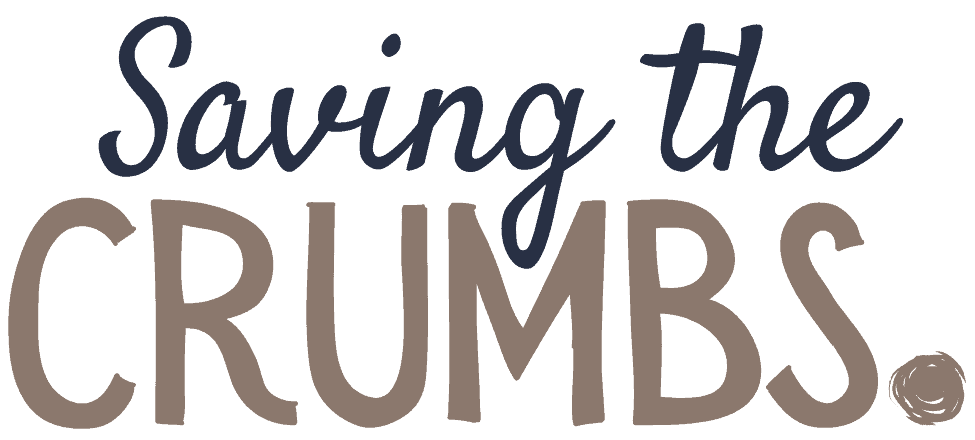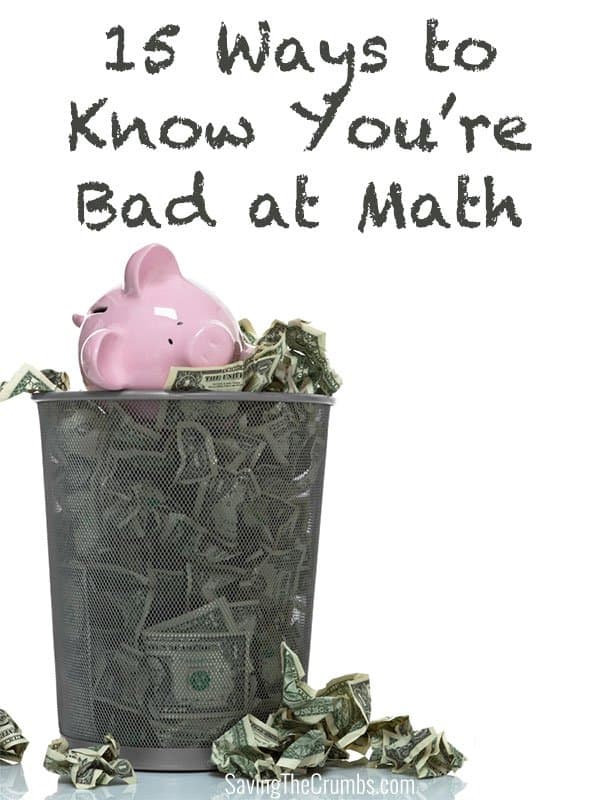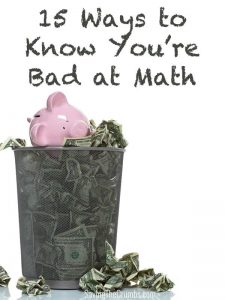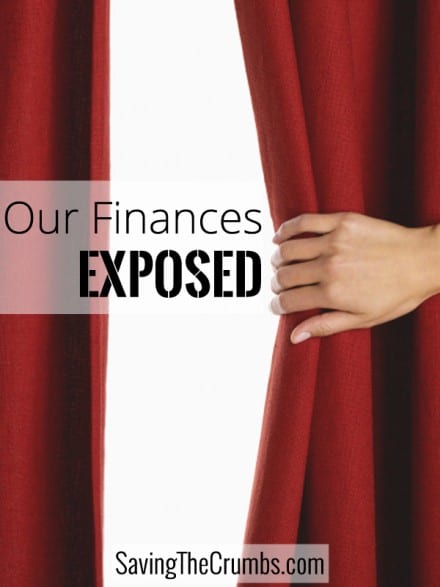Remember, O Stranger! Arithmetic is the first of the sciences and the mother of safety.” – Louis D. Brandeis (probably quoting Sophocles)
I was a high school math teacher for a couple of years, and it seemed that every couple of months some unmotivated student (usually a slovenly and unkempt jokester slouching in the back of the classroom) would complain with the question, “When are we ever going to use this in real life?!” The more I’ve dabbled in the realm of personal finance in recent years, the more the answer to that question is: “All the time!”
In fact, I believe that a great deal of self-destructive personal finance decisions are made simply because people have become so bad at math—or at least they’ve become too lazy to apply what they should have learned in math class. So in our post today, I present to you a quick list of 15 ways to know if you’re bad at math, so to avoid being “a victim of the relentless rules of humble arithmetic”.*
- Paying Interest on Depreciating Assets – Would you pay me $10 for a $5 bill? That’s what we do when we pay interest to buy stuff that goes down in value. Yes, that even applies to borrowing money to buy cars. If it depreciates, make sure to pay for it outright without debt.
- Still Paying Bundles for Cellular Service – The landscape has changed a lot since I wrote about this a couple of years ago, but it’s truer now than ever before: If you’re still paying out the wazoo for your cellphone service, you’re doing something wrong. With everyone jumping on the no-contract bandwagon, there are more affordable (even free!) cellphone options than ever before. Do your research and do your math.
- Taking Out the Maximum Loan You Qualify For – I can’t help but scratch my head in bewilderment when people choose to take the maximum student loan/mortgage/etc. that they qualify for even when they don’t need it. It ain’t free money, people! You’ve got to pay it back WITH INTEREST! Do the math!
- Carrying a Credit Card Balance to Improve Your Credit Score – This one might involve slightly more than just bad math skills, but also some ignorance about how credit scores work. Your credit score improves if you PAY OFF your card each month. Potential creditors want to know how capable you are of paying them back, not how much interest you’ve managed to rack up.
- You Think You Don’t Need An Emergency Fund Because You Can Use Your Credit Card – So you lose your job (you know, an emergency!) and you put it all on your credit card to pay the bills and put food on the table at the usurious credit card interest rates. Now how will you pay off the credit card with the rapidly compounding interest on top of continuing to feed your family? Umm…that sounds like pouring gasoline on an already burning fire to me.
- Buying Stuff on Credit Because Consumer Spending is “Good for the Economy” – Since when has spending money you don’t have, to pay MORE than full price for products, become a good idea? Must have been when it became fashionable to be bad at math. Cash flow through the economy is certainly important, but the popular narrative on wealth you hear in the media doesn’t change “the relentless rules of humble arithmetic”. Your credit-based spending might be good for someone else’s economy, but certainly not your own.
- Keeping a Mortgage for the Tax Break When You Can Pay It Off – We’ve dealt with this topic before, and there may be some legitimate reasons not to pay off your mortgage yet. However, to not pay it off solely for the tax break proves your poor math skills. Only those who itemize can claim the mortgage interest deduction, which rules out the majority of Americans. Even then it’s only the interest that’s deducted, and it’s not a tax credit but tax deduction. That only means your taxable income gets decreased by that amount. In the end, it amounts to something like paying $1 in mortgage interest to get $0.25 back in tax returns. Not good math.
- Getting a Student Loan for a College Degree That Won’t Pay Off – Student loans aren’t always bad. But students who meander their way through private university, squeezing a 4-year degree into 8 years or more on full student loans, only to get a $30,000/year job afterwards—I have only three words for that: BAD AT MATH.
- Thinking You “Saved Money” by Buying Something You Don’t Need Just Because It Was On Sale – We addressed this very subject in the inaugural post of Saving The Crumbs, but this is a common occurrence for both men and women. If you bought a $50 pair of shoes you didn’t need for $10 (“Screaming good deal!”), you didn’t “save” $40. You SPENT $10.
- Not Taking a Company Match for Your Retirement Account – While it’s true that nothing in life is truly “free”, a company match for your retirement savings (like a 401k) is about the closest thing there is. I know, I know, why lock my money into a retirement account when I could use that money now? Hmm…so if I can spend my $100 right now, or I can wait and have $200 later, which should I choose? Yeah, just do the math.
- Putting Off Investing Because You Can’t Save Enough Now to Make a Difference – The secret ingredient of investing tells us that contrary to not being able to afford saving now, the reality is that you can’t afford NOT to. Saving a little bit regularly now can make a much bigger impact than saving a lot later. The power of compounding interest needs as much time as possible to work its magic on your savings. Actually it’s not magic, just math.
- You Think a Big Paycheck Equals Being Wealthy – We’ve tackled this subject before in the post “How Much Do I Need to Earn to Be Rich?” where we discussed that wealth isn’t measured by income at all. It’s rather determined by net worth, which is the difference between our liabilities and our assets. Even those who earn big paychecks can have low (or negative!) net worth. For example, in a 2009 article in Sports Illustrated it says that 78% of NFL players are bankrupt or in financial distress within 5 years of leaving the league—many of them having earned multiple millions of dollars in their career.
- You Think Owning Lots of Stuff Equals Being Wealthy – The version of the American Dream that’s pawned off on us today is that the path to happiness is to own lots of stuff—even if it isn’t all paid for or if the cost of ownership is exorbitant. So as long as we have the façade of affluence, we trick ourselves into thinking that we are well off, all the while ignoring that it’s an illusion propped up by easy credit and poor math skills.
- You Think Your FDIC-insured Account Can’t Lose Money – Putting our money in a checking/savings account or CD that’s FDIC-insured is one of the safest ways to preserve our money, right? Unfortunately, even with a generous 1% APY, such accounts are doomed to lag the rate of inflation over time (between 3-4% over the past century), thus eroding the purchasing power of the money in those accounts. For example, $10 in 1990 bought what would cost us $18.48 today. Preserving the same dollar figure in your account over the long-term is an assured way of losing money to the power of inflation.
- Thinking That Your Tax Refund is Extra Money – How often I’ve heard the sentiment from people that they can’t wait for the “extra money” they’ll be getting from their tax returns. Umm…no. It’s called a “tax refund” for a reason. That is simply money that you’ve OVERPAID to the government that now they will begrudgingly return to you ONLY if you can outsmart them by properly filing your taxes to reclaim what is rightfully yours. If you get thrilled with a huge tax return, know this: You have allowed the government interest-free use of your money for an entire year. Not good and not good math.
- *Bonus!* You Do Math With Your Feelings – If you’ve noticed a common thread through some of these points, it’s that while “the humble rules of arithmetic” don’t change, they often get ignored because we think with our emotions. Emotions that are skewed by the peer pressure of what everyone else is doing around us. Emotions that are driven by our own desire for outward approval and approbation. Emotions that care more about the immediate rather than the future. Then again, these are often the very same reasons why so many of my students hated math class too!
So what did I miss? Any other symptoms of “bad-at-math-itis”? Share with us in the comments below!
*This is an expression coined by Brandeis and later borrowed by John Bogle from whom I’ve appropriated for use in this post.







